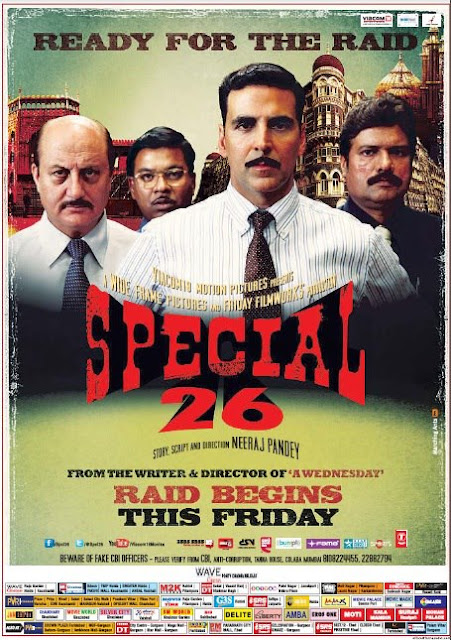Leading Through Compassion, Building to Last: Chapter 3
Here is the third
and concluding chapter in a three part piece on 'Compassionate Leadership'. Do check the first and second parts for a much better
understanding of this conclusive piece.
At its heart, compassionate coaching has to be about transcendental change. It is one thing for an older and wiser leader to advise a younger one on the rigours of the corporate world, it's another to change ingrained habits. It’s about transforming the "unconscious incompetencies" into "conscious competencies". And these are very subconscious, subtle stages of learning. In the first stage– unconscious incompetence – individuals don't know that they don't know. Some sort of awakening is required that what has been done in the past doesn't work anymore and this leads to 'conscious incompetence' – now you know you don't know. In the next stage, conscious competence is developed, 'so now you know you know'. The final stage is 'unconscious competence', where – like driving a car –behaviours and thinking become automatic. It happens from an unconscious state.
While not a word typically associated with organisational leadership, compassion in this context means taking responsibility for the growth and development of others, something that should be every leader's goal.
In everyday life, people typically confuse compassion with kindness. There is a point that all managers face, wanting to be nice to people, but also having an organizational purpose. How often have we seen leaders getting stuck trying to balance the two, either being too hard or too soft in their approaches. Taking responsibility for organizational systems and the people in them can be overwhelming, tiring or frightening for managers. One example is the common dilemma when a manager is reluctant to tell a subordinate that they are not performing because that person is perceived to be fragile. They may come from a minority group or be difficult to deal with. But for a manager faced with this situation, to stick his or her head in the sand is counter-productive. Whether the reluctance to address the performance issue is due to kindness (or fear), failure to address the real issue actually blocks the under-performing person's growth and the system is damaged. Sometimes you have to be cruel to be kind. Getting people where they want to go will sometimes involve hard conversations. Many managers don't like having these conversations. But to be effective as a manager and leader, they must have them. And they must have these discussions through the platform of ‘Compassionate Coaching’.
This Compassionate Leadership will certainly bring you much closer to a ‘diamond in the rough’ fellow team member. It’ll allow you to harness the true potential of this team member. In more ways than one, it’ll allow you to discover the true ‘leader’ in yourself.
So how many lives have you positively impacted today? How many careers have you shaped today? How many team members have you not just managed or led but Coached Compassionately today? How many foundations have you laid for built-to-last Centers of Excellence?








